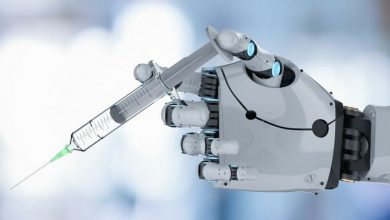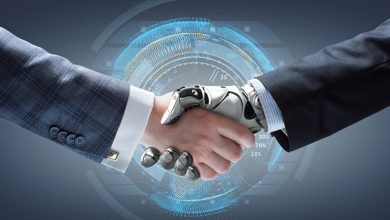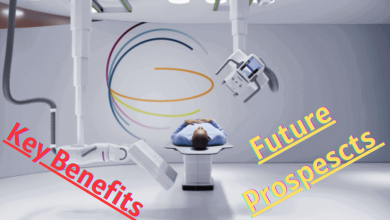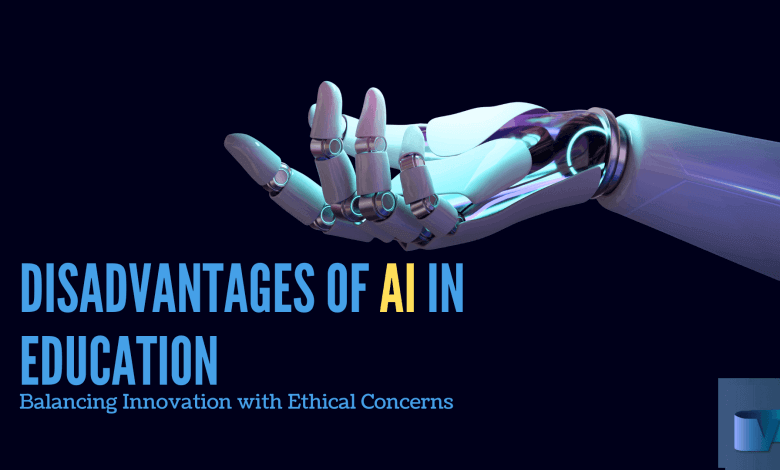
With technological advancement, AI is integrated into various domains such as Education and Healthcare. But as comes the advantages, we do have the Disadvantages of Artificial Intelligence in Education.
Artificial Intelligence (AI) has emerged as a transformative force in the education sector, promising to revolutionize learning processes and outcomes.
While the role of AI in education offers numerous benefits, it is imperative to critically examine the potential drawbacks of AI in Education to ensure a balanced and ethical approach.
How to Become a Prompt Engineer (ChatGPT Prompt Engineering)
Unveiling the Disadvantages of AI in Education: Balancing Innovation with Ethical Concerns
The Dehumanization of Learning
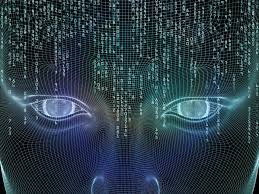
In the pursuit of efficiency and scalability, the most significant disadvantage of Artificial Intelligence in Education is a growing concern that the incorporation of AI in education might lead to the dehumanization of the learning experience.
Education is not solely about the transfer of knowledge; it thrives on the interpersonal connections between teachers and students. The empathetic and nurturing bond that educators provide cannot be replicated by AI.
Human teachers offer emotional support, motivation, and a personalized touch that AI lacks. The absence of genuine human interaction may result in students feeling disconnected and undervalued.
Reinforcing Educational Inequalities
As AI takes center stage in education, it risks exacerbating existing educational inequalities. While AI-powered tools have the potential to enhance learning for many, Artificial Intelligence also have negative aspect of inadvertently widen the gap for marginalized communities.
This digital divide, characterized by unequal access to technology and the internet, becomes even more pronounced when AI becomes a cornerstone of education. If not carefully managed, AI could perpetuate educational disparities and hinder social mobility.
Understanding Deep Learning in Simple Words of a Layman
Oversimplification of Complex Learning
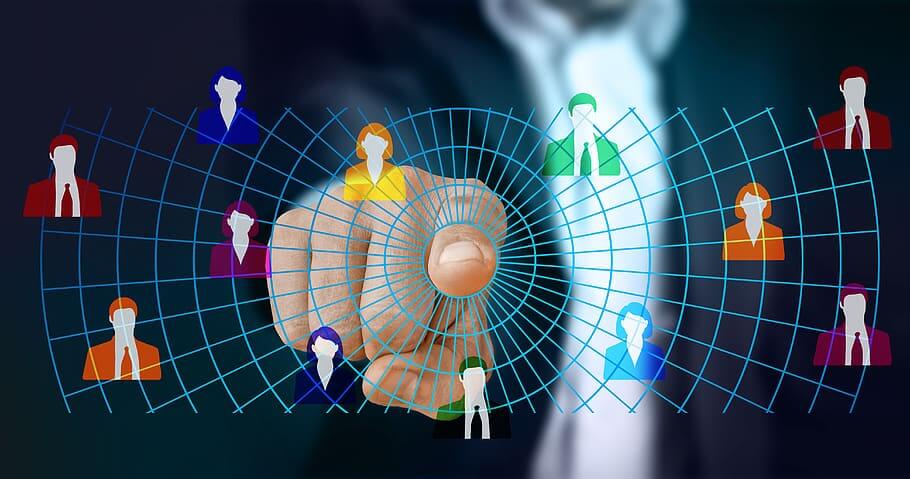
One of the pitfalls of AI in education is the potential oversimplification of learning. Critical Thinking which is the sole backbone of cognitive development of human’s problem-solving skills is highly demotivated through the use of AI systems in Education.
AI-driven systems might prioritize rote memorization and standardized testing, neglecting the development of critical thinking, problem-solving skills, and creativity.
Although it does not seem like the other disadvantages of Artificial Intelligence in Education but in reality, it is. Education should foster intellectual curiosity and independent thinking, qualities that AI struggles to cultivate. Furthermore, AI’s tendency to streamline learning experiences might fail to accommodate diverse learning styles and hinder the holistic development of students.
So, in this way, AI also decreases the enthusiasm for individual development and leads to a robotic system of education.
Data Privacy and Security Concerns
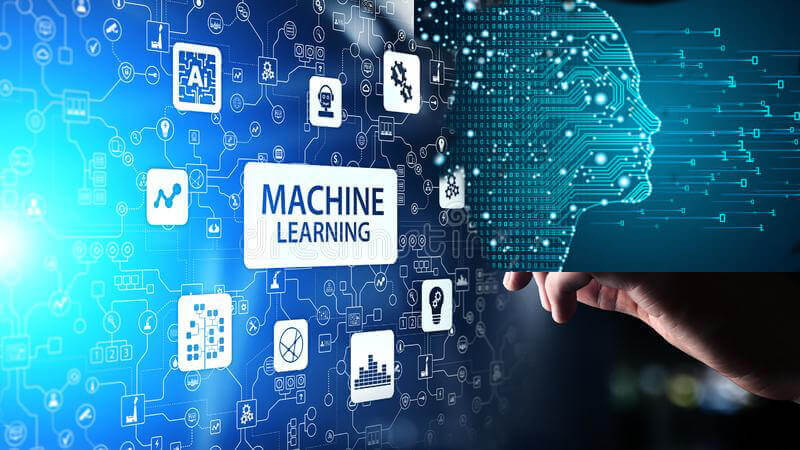
The implementation of AI in education raises valid concerns about data privacy and security. AI systems gather vast amounts of student data, ranging from academic performance to personal information.
Storing and handling data can create vulnerabilities, putting students at risk of data breaches and unauthorized access.
It’s a complex challenge to balance using data to improve educational experiences while also protecting students’ privacy. This requires careful attention to detail.
How to Defeat Hypersonic Missiles? (4 Basic Ways)
Erosion of Human Teaching Positions
The prospect of AI in education has sparked debates about the potential erosion of human teaching positions. The purpose of AI is not to replace humans but to increase human efficiency.
While AI can undoubtedly enhance educational processes, it should be seen as a complement rather than a replacement for human educators.
The expertise, empathy, and adaptability that human teachers bring to the classroom can never be replicated by machines. It is crucial to recognize AI’s role as a tool that supports educators in delivering high-quality education rather than supplanting them.
Lack of Cognitive Development
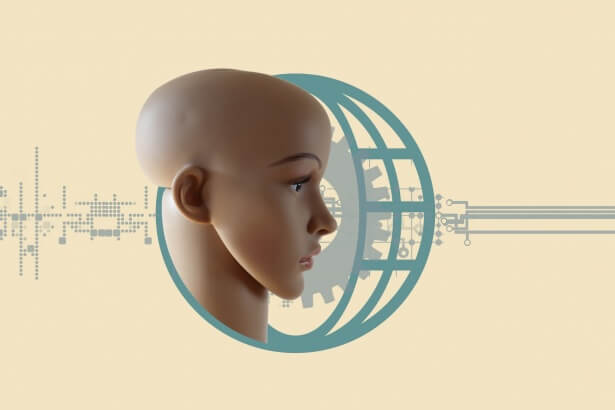
Since the introduction of ChatGPT in Education, it is the students who have greatly benefited from this LLM in preparing in submitting their assignments all over the globe.
This overreliance on AI for problem-solving could hinder students’ cognitive development and prove to be one of the major disadvantages of Artificial Intelligence in Education. The process of grappling with challenging concepts and overcoming intellectual obstacles is an essential part of education.
Relying on AI to provide instant solutions might deprive students of the opportunity to develop resilience and perseverance, qualities that are invaluable for future success.
Machine Learning Models Training (All You Need to Know)
Ethical Dilemmas and Bias in AI
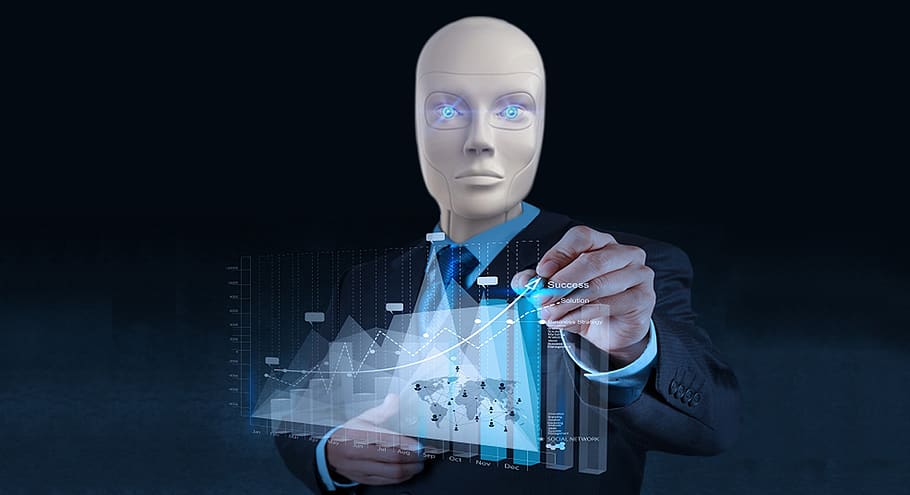
AI is never inventing new and innovative content but all of its productions are replications(might be better but still replications). So, it will replicate the content already available and that content is full of peoples biases and prejudices.
Thus the AI algorithms, if not developed and monitored carefully, can unintentionally perpetuate societal prejudices. From content selection to assessment algorithms, the potential for bias is a significant concern.
Addressing these prejudices and ensuring transparency in AI systems is crucial to ensure a level playing field for all students.
Loss of Personalized Learning Experience
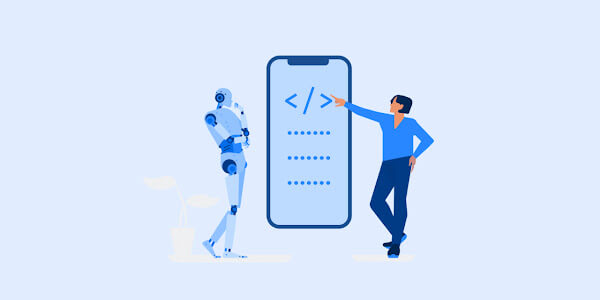
While AI promises personalized learning experiences, there is a risk of it falling short of expectations. One disadvantage of Artificial Intelligence in Education is that it might lead to a generic, one-size-fits-all approach that fails to cater to individual learning needs.
Every student is unique, and effective education acknowledges and accommodates these differences. AI, though powerful, cannot fully replace the nuanced understanding and adaptability that human educators bring to tailoring learning experiences.
Potential Health and Psychological Impacts
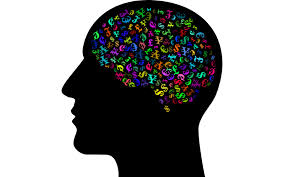
As AI-driven education involves increased screen time and digital interactions, potential health and psychological impacts must be considered. Prolonged screen exposure can lead to digital fatigue, impacting students’ overall well-being.
Moreover, the reduced face-to-face interactions with peers and educators might hinder the development of crucial social skills, further emphasizing the need for a balanced approach.
How Facebook Metaverse is Creating an entirely New World?
Conclusion
In the ever-evolving landscape of education, the integration of AI holds immense promise, but it is not without its negative aspects. Many disadvantages of Artificial Intelligence in Education that you have read here are real and need proper attention.
As we embark on this transformative journey, it is crucial to approach AI in education with a critical eye, weighing its benefits against the potential disadvantages.
What we need is a harmonious balance between innovation and ethics in the realm of AI-powered education.
The responsibility of shaping the future of education rests on the shoulders of all stakeholders. Let us advocate for an inclusive and ethically conscious approach to AI integration.
Engage in open dialogues, foster interdisciplinary collaboration, and invest in research that delves into the multifaceted impacts of AI in education. By doing so, we can ensure that the next generation reaps the benefits of AI while enjoying the rich tapestry of human-driven education.
WHAT FUTURE TEACHERS MUST LEARN
FAQS about the Role of AI in Education
Here are some FAQs related to this article on the disadvantages of Artificial Intelligence in Education:
What is the role of AI in education?
AI in education serves as a powerful tool to enhance learning experiences, personalize education, automate administrative tasks, and offer valuable insights for educators and institutions.
How does AI personalize education for students?
AI uses data analytics and machine learning algorithms to analyze students’ performance, learning styles, and preferences. It then tailors educational content and activities to meet individual needs, promoting personalized learning paths.
Can AI replace human teachers in the future?
It is also considered one of the potential disadvantages of Artificial Intelligence in Education by many traditional teachers.
While AI can support and complement teaching, it cannot replace the unique qualities of human teachers, such as emotional intelligence, adaptability, and creativity.
How does AI help in grading and assessment?
AI automates the grading process by evaluating assignments, quizzes, and tests, providing timely feedback to students. This saves educators time and enables quick assessment.
Does AI contribute to reducing educational inequalities?
AI has the potential to bridge educational gaps by offering access to quality education and resources to underserved communities, but it also needs careful implementation to avoid exacerbating existing disparities.
Can AI identify students at risk of falling behind?
Yes, AI algorithms can analyze students’ performance patterns and behavior to identify those who may be struggling academically, allowing educators to intervene early and provide the necessary support.
Is AI being used in language learning?
Yes, AI-powered language learning platforms use natural language processing and machine learning to provide interactive language lessons and real-time feedback to learners.
How can AI enhance administrative tasks in educational institutions?
AI streamlines administrative tasks such as student enrollment, scheduling, and resource allocation, enabling educators and administrators to focus more on teaching and strategic decision-making.
Does AI have any ethical concerns in education?
Yes, there are ethical concerns such as data privacy, bias in algorithms, and AI’s potential impact on social skills and human interaction that need to be carefully addressed in AI implementation in education.
Can AI be used to detect plagiarism?
Yes, AI-powered plagiarism detection tools can compare students’ work with vast databases to identify instances of copied content, promoting academic integrity.
Is AI limited to traditional classrooms?
No, AI can be used in various educational settings, including online learning platforms, corporate training, and informal learning environments, making education more accessible and flexible.
Although it could be one of the disadvantages of Artificial Intelligence in Education that it becomes difficult to understand for the people from underpriviledged areas.

